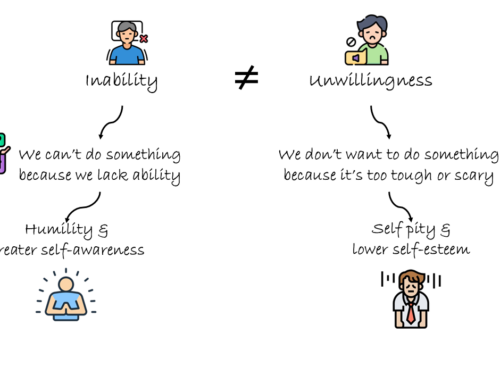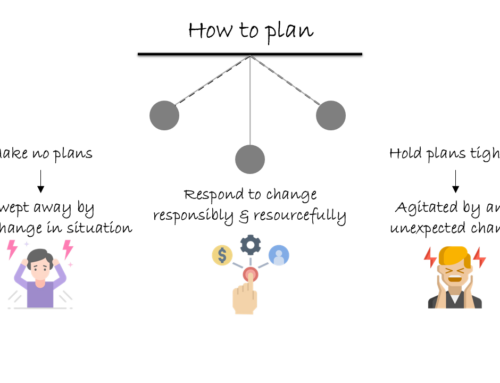Some people narrate stories with such animation and emotion that they completely captivate their audiences. While we may appreciate their storytelling expertise, we won’t assume that whatever stories they tell are true.
Unfortunately, we make this assumption with regards to our mind, which is our inner storyteller. On seeing an attractive object, it narrates a story about how we could enjoy that object. Or on seeing a swelling on our hand, it narrates a horror story about how we might have terminal cancer. When it gets illusioned by the mode of ignorance, it stubbornly tells and retells terrible stories filled with fear, lamentation and moroseness (Bhagavad-gita 18.35).
If we consider a recent situation when we were agitated, we will notice that what agitated us primarily was not the situation itself, but the mind’s stories about the situation. And the mind told those stories so captivatingly that we forgot to even consider if its stories reflected actual realities.
How can we protect ourselves from such needless agitation? By treating the mind as we would treat someone known to spin fanciful yarns. If we noticed them grandstanding, we would conscientiously refuse to spend much time hearing their stories. We need to neglect our mind with similar conscientiousness.
Helping us cultivate such conscientiousness, Gita wisdom reveals that we are souls, parts of Krishna. He has a glorious plan for us, far better than the mind’s gloomy stories. We can play our part in his plan by practicing bhakti-yoga and doing all our activities in a mood of service to him.
When we connect steadily with Krishna, he gives us the intelligence to become cautious observers of our mind, not its captivated hearers. By thus focusing on the actual realities, not on the mind’s stories, we can respond effectively.
Think it over:
- Look back at a recent agitating situation and analyze how the mind’s story about it differed from the reality.
- What are the typical fanciful stories your mind tells you?
- When the mind starts telling stories in future, how can you remind yourself to be its cautious observer, not its captivated hearer?
To know more about this verse, please click on the image
Explanation of article:
Podcast:
Download by “right-click and save”
Think it over:
- Look back at a recent agitating situation and analyze how the mind’s story about it differed from the reality.
- What are the typical fanciful stories your mind tells you?
- When the mind starts telling stories, how can you remind yourself to be its cautious observer, not its captivated hearer?






VEry Helpful Prji